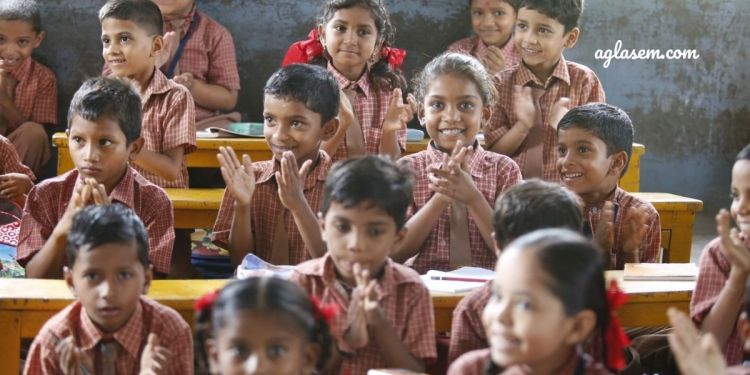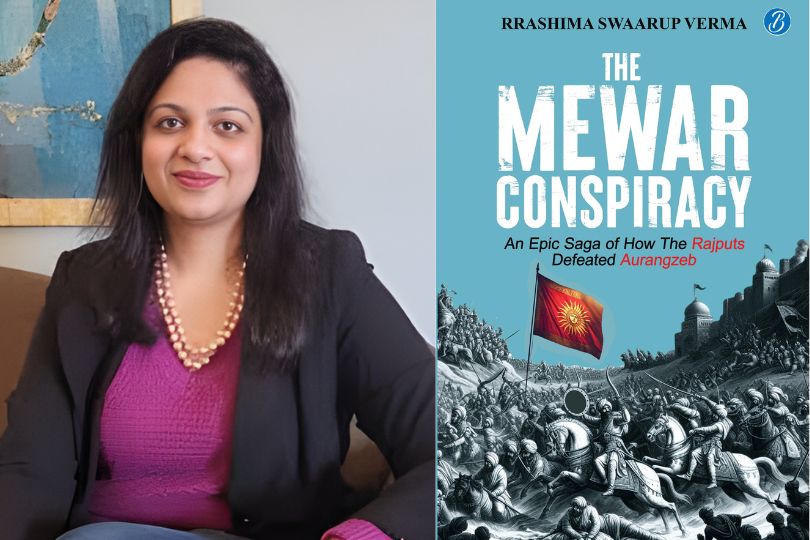Frontlist | National Education Policy Had Received 2 LAKH Suggestions
Frontlist | National Education Policy Had Received 2 LAKH Suggestionson Feb 16, 2021

The NEP 2020 was finalized & approved only after consultation with various stakeholders including Government representatives, Ministries, MPs and the common public.
The Ministry of Education has shed important insights into the procedure for development of the National Education Policy 2020. NEP 2020 was approved by the Union Cabinet on July 29, 2020 and is scheduled to be implemented from 2022. With reference to Rajya Sabha Unstarred Question Number 402, the Education Ministry was asked to shed light on the matter of Feedback of States on NEP 2020. Around 2 lakh suggestions for improvement, modifications to the draft NEP was received as per statements released at the PQARS portal i.e. pqars.nic.in. Education Minister Dr Ramesh Pokhriyal Nishank, in response to the aforementioned Rajya Sabha question, elaborated on the methodology adopted in getting the approval of the NEP 2020 from the Union Cabinet. Shri Anand Sharma raised the questions to the Ministry asking for details of consideration of opinion & feedback of all States of India in developing the NEP 2020. The official document containing the statements is published online at the PQARS portal. In his official statements, Minister Dr RP Nishank clarified that consultation with a diverse number of stakeholders was conducted during the formulation of the NEP 2020. Some of the most important stakeholders included State/UT Governments, Ministries of the Government of India, Member of Parliaments, common public etc. As per the Education Minister, “a highly participative, inclusive and multi-pronged consultation process, through online, grassroots and thematic expert consultations, involving State Governments was carried out“. The Draft NEP 2019 was received from the Committee constituted under the Chairmanship of Dr. K Kasturirangan. It was uploaded online on the official website of the Ministry of Education with the purpose of review from concerned stakeholders. In addition, State/UT Governments and other Ministries of the Government were invited to review the Draft NEP 2019. From July 31 to August 02, 2019, an Education Dialogue was hosted with the Member of Parliaments from the state of Andhra Pradesh, Odisha, Telangana, Tamil Nadu, Karnataka, Puducherry and Kerala. In addition, meetings were conducted with the State Education Secretaries of School Education and State Secretaries of Higher & Technical Education on July 09 & August 08, 2019, respectively. Education Minister Dr Nishank indicated that approximately 2 lakh suggestions were received on the Draft NEP 2019 from various stakeholders. CABE held a special meeting on September 21, 2019 which was attended by 26 Education Ministers from different States/UTs, representatives of different State/UTs, CABE Members, Heads of Autonomous Organizations, University Vice Chancellors and other senior officials of the Government. Besides the CABE meeting, the Draft NEP 2019 was also discussed in a meeting of Parliamentary Standing Committee. The meeting was held on November 07, 2019. Furthermore, inter-ministerial consultation was also carried out on the Draft Policy as a standard procedure. It is only after such significant consideration of feedback/suggestion/discussion, that the NEP 2020 was finalized and approved by the Union Cabinet. The Education Minister went to reveal in the official statements that the States of Kerala and Tamil Nadu exhibited apprehensions on specific aspects of the NEP 2020. These were addressed and resolved after conducting workshops with the States/UTs. The Ministry of Education conducted the Shikshak Parv from September 08 to 25, 2020 to elicit feedback on the NEP. A Conference of Governors on the “Role of National Education Policy in Transforming Higher Education” was attended by Governors and Lt. Governors of States/UTs, State Education Ministers, Vice Chancellors of State Universities and other officials. Source: Aglasem
Education
Education minister
Education Ministry
Education News
Frontlist Education
Frontlist education News
Frontlist India news
Frontlist Latest news
Google news
Government
Latest news
NEP 2020
Union Cabinet



.jpg)






.jpg)

.jpg)

.jpg)

.jpg)
.jpg)










Sorry! No comment found for this post.